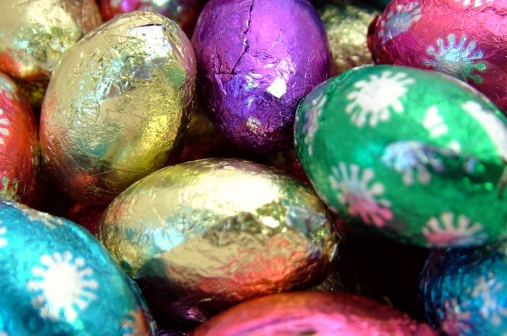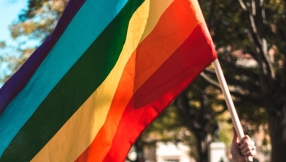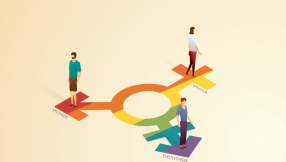
Most of us are already looking forward to breaking into a chocolate egg or two on Easter morning, but how many will stop to consider the implications of our sweet tooth?
Human trafficking is endemic, with figures suggesting that there are up to 27 million people living in conditions of slavery – in forced labour or sexual exploitation – around the world today. Shockingly, between 300,000 and a million of those are children working on cocoa farms in Africa.
Almost 40 per cent of the cocoa used to make chocolate comes from the Ivory Coast, where thousands of children as young as 10 are working in horrendous conditions, trafficked from their homes and families, to satisfy our cravings.
Young boys, most of whom have never even tasted chocolate, are forced out of education and into the labour force, where they pick and harvest cocoa beans without pay, while receiving frequent beatings and working with dangerous machetes. And yet their plight is vastly underreported.
Stop the Traffik are calling on the world's biggest chocolate manufacturers to make a commitment to reduce the risk of child trafficking in their cocoa supply chains, and address the lack of transparency that currently allows for this exploitation.
Although four of the largest five global chocolate companies have pledged to only use 100 per cent certified cocoa by the year 2020, the world's largest chocolate company, Mondeléz – which includes Cadbury, Green & Blacks and Milka in its 'brand family' – is yet to make this commitment.
An online petition is therefore running to encourage Mondeléz to join the campaign, and Stop the Traffik are also calling upon consumers to refrain from buying chocolate that is not certified by a third party such as UTZ, Rainforest Alliance or Fairtrade.
"Six years ago Stop the Traffik called people across the world to challenge the chocolate industry to remove child trafficking from their supply chain," says the charity's CEO Ruth Dearnley.
"Our call today hasn't changed. Our job will not be done until as a consumer we know that the chocolate we buy is always free of trafficked child labour."
The charity notes in its campaign material:"Companies will only make change when they are under pressure from consumers. It is vital we maintain the momentum. We've seen change but companies are only responding when they are under national pressure to do so.
"We want ingredients like violence and exploitation taken out of chocolate."
Stop the Traffik's website has information about where to buy certified Easter eggs, and the petition can be signed here:













